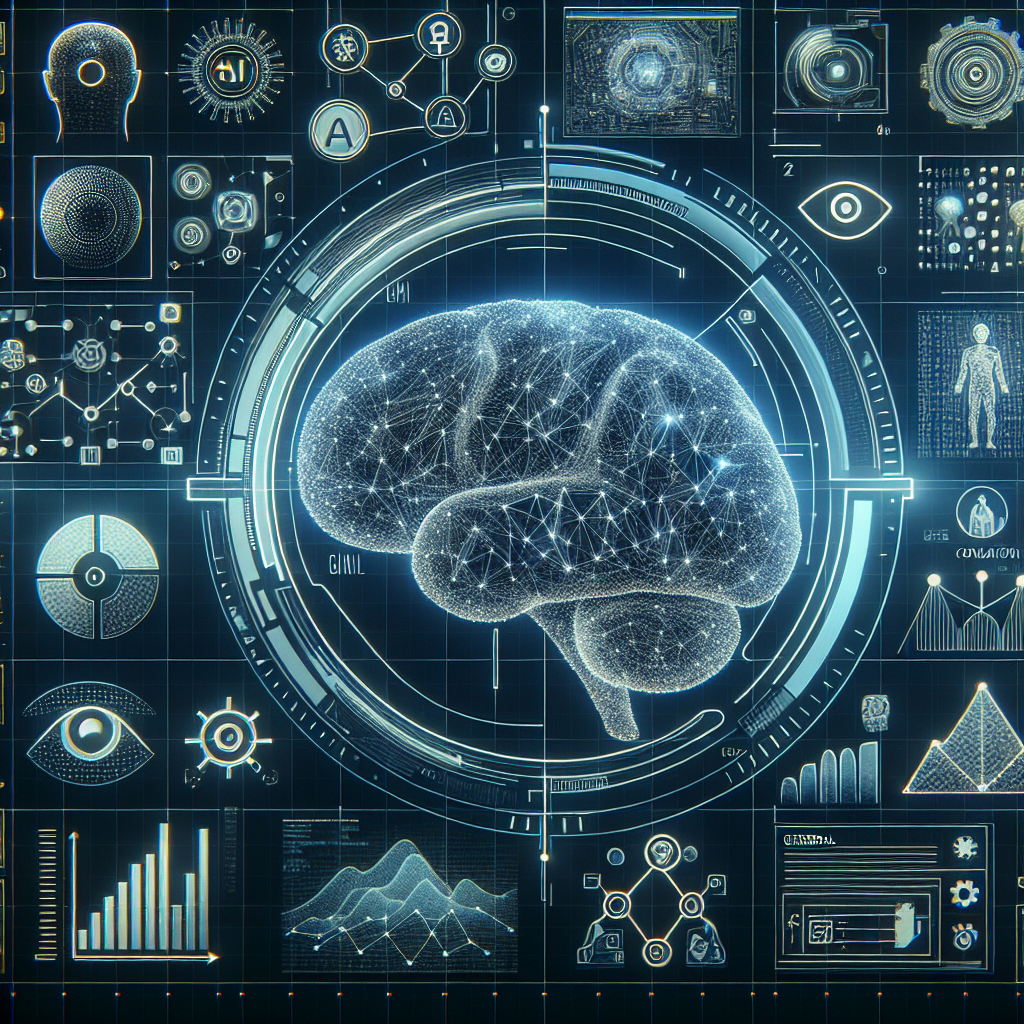Debating the Achievement of General AI: Insights from OpenAI's O1 Platform

Understanding the Concept of Artificial General Intelligence (AGI)
Artificial General Intelligence (AGI) is an ambitious goal within the realm of artificial intelligence, aiming to develop machines that can surpass or match the cognitive abilities of humans across a diverse spectrum of tasks. This stands in contrast to narrow AI, which excels in specific designated tasks. The discourse surrounding AGI is multifaceted and intricate, driven by varying interpretations and aspirations within the tech community.
Definitional Challenges and Human-Like Cognition
The debate on what constitutes AGI is complex. Some professionals regard AGI as exhibiting human-level cognition and intellectual versatility. Yet, the criteria for AGI extend beyond task performance, encapsulating attributes of understanding, awareness, creativity, and potentially self-awareness. Are these characteristics indispensable, or is proficiency in tasks sufficient? OpenAI's recent claims, as articulated by Vahid Kazemi, introduce a definition that prioritizes operational conveyance as ‘better than most humans at most tasks’. This perspective invites intense scrutiny and debate among AI philosophers and technologists.
OpenAI's O1 Platform and the Controversy
Vahid Kazemi, a key figure at OpenAI, posits that the latest platform, O1, embodies characteristics of AGI under the definition that emphasizes task proficiency over human cognitive benchmarks. While Kazemi's stance might appear progressive, the technological community remains divided, particularly regarding intrinsic understanding and self-awareness of AI systems. The notion of AGI performing ‘better than most humans at most tasks’ is contested, as it simplifies deep philosophical inquiries about the nature of thought and creativity.
The Artistic Dimension: AI and Creativity
In discussions about creativity, the limitations of AI become pronounced. Critics argue that AI-generated art, while technically impressive, lacks the true originality and experiential grounding found in human creativity. AI algorithms generate artistic output by analyzing and emulating existing human works, thus gaining insights from vast datasets rather than personal experience or emotional depth. This raises questions about the capacity of AI to genuinely surpass human creativity, a dimension where human emotional richness and subjective experiences play pivotal roles.
The Philosophical Implications and Practical Utilization
The ongoing discourse extends beyond philosophical boundaries, influencing the practical utilization of AI in various fields. Current AI systems, including large language models (LLMs), are invaluable tools across industries such as scientific research and healthcare, thanks to their ability to quickly analyze extensive data sets and identify patterns. However, the philosophical discussions guide the responsible and ethical integration of AI capabilities, ensuring that advancements in AI respect and enhance human roles and experiences rather than merely mimic or replicate them.
Conclusion: Clarifying AGI's Boundaries
While the road to achieving AGI remains fraught with definitional and practical challenges, it encourages ongoing dialogue about the capacities and future trajectory of AI. Differentiating between highly specialized applications, like chess-playing computers, and a truly autonomous and comprehensively intelligent system remains a foremost challenge. As the debate unfolds, it continuously sharpens our understanding of artificial intelligence's potential and its alignment with human values and needs.




